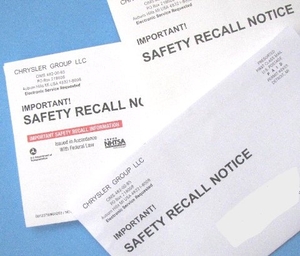
After the war in the 1950’s, Japan was known for exporting poorly made products and earned a reputation that was reflective of bad manufacturing practices. But, they realized to continue with business as usual would be fatal for Japan. At the time, W. Edwards Deming was attached to the post-war recovery effort, and as a statistician, he had developed what is now called Total Quality Management. It involved not only producing quality parts, but quality conscious employees. Quality was made a part of the companies’ mission statement and Japan adopted this new theory and in just 20 years was outselling American cars. Ford learned a valuable lesson in the 1970’s when they were having transmissions made in both the US and Japan. Customers had many complaints with the US transmissions and almost none with the Japanese manufactured ones. They disassembled the two different transmissions and found that the Japanese transmissions were better made and had closer tolerances. But, it still took a long time for the US manufacturers to learn the lessons of quality.
So, what has happened and why are we seeing more recalls that ever? My initial observation is that manufacturers are introducing the newest technology and redesigning new models faster than they can safely produce a reliable car. The competition is global and the public responds to the latest and “best”. Unfortunately, we are becoming beta testers and they sell as fast as possible and wait until the National Highway Traffic Safety Administration, (NHTSA) receives enough calls from consumers to issue a recall. Recalls are expensive for manufacturers so it seems logical to avoid quality problems. But, logic seldom applies to the odds of not experiencing a recall. And, the manufacturer can fight a recall notice from NHTSA. The biggest problem for consumers is that a lot can go wrong with a vehicle before a recall is issued. It takes time to take the calls, investigate, and respond to the manufacturer. And, exactly how many cars have to explode, how many people have to die, and how many stranded motorists constitute a reasonable threshold?
Granted, many recalls are simply an annoyance and require a trip to the dealer to resolve the issue. But remember the Ford Pinto killing people and exploding when struck from behind? Or the Toyotas with the sticking accelerator pedals? That cost Toyota more than a billion dollars to resolve. My recalls are more of an annoyance than a threat, but when can I be sure that I am safe?

 RSS Feed
RSS Feed
